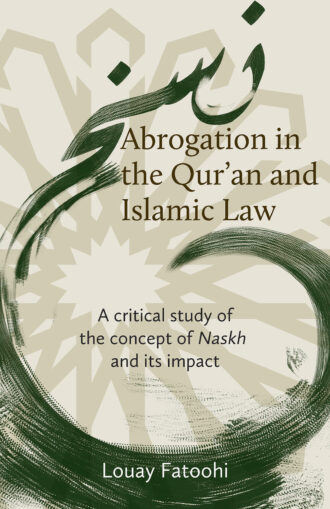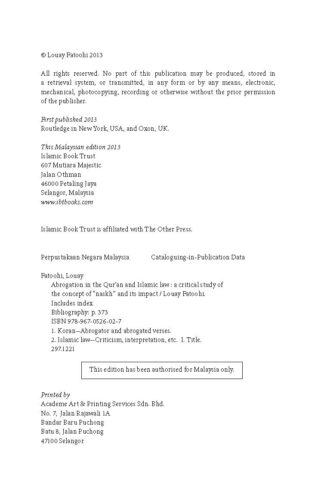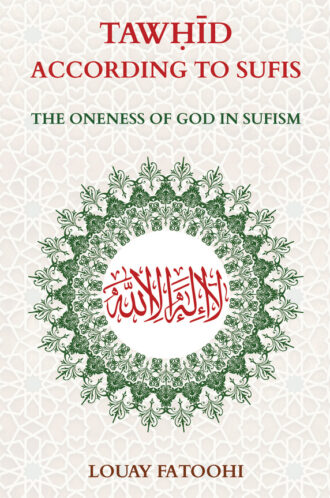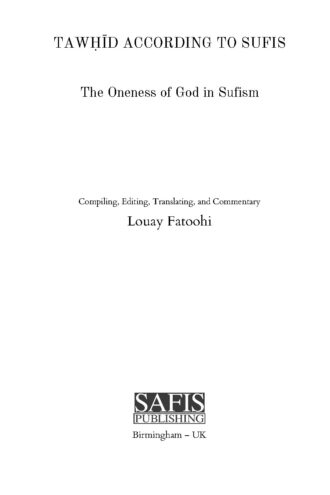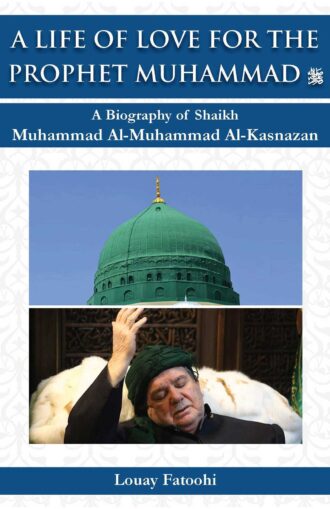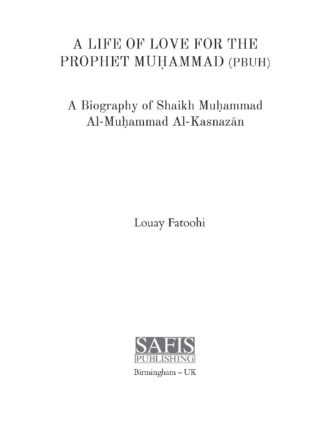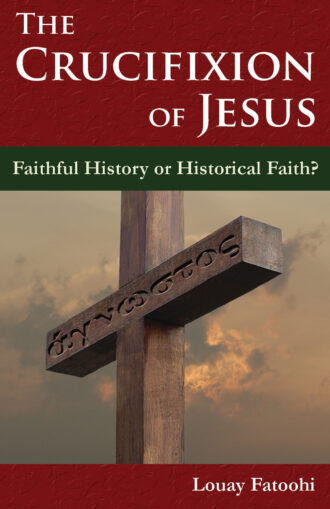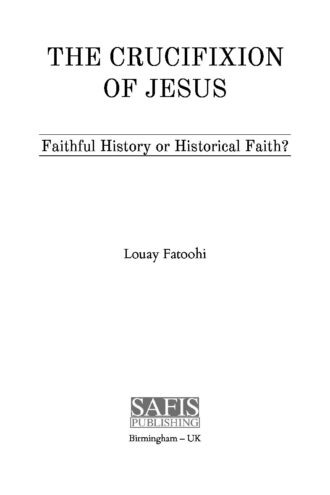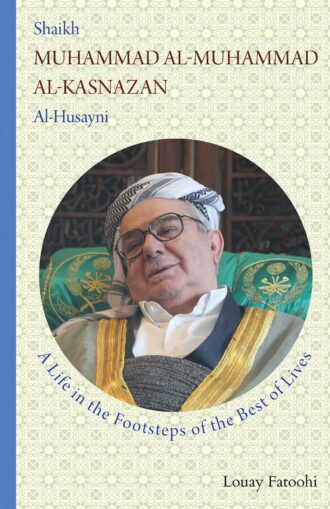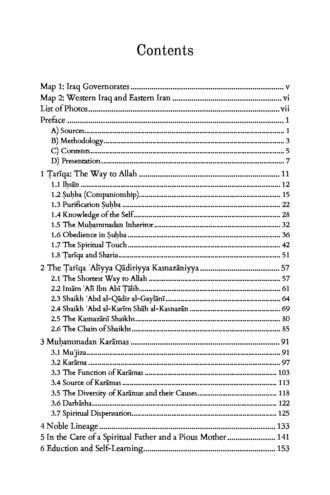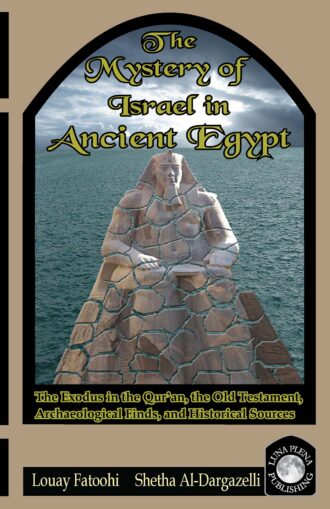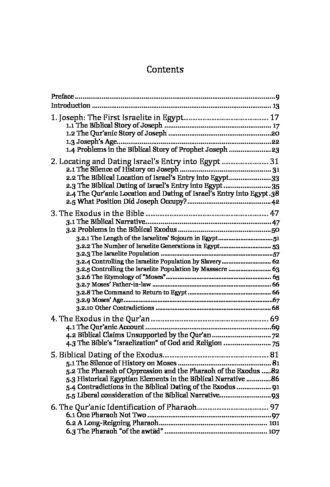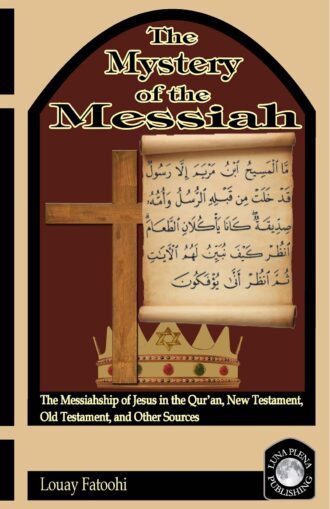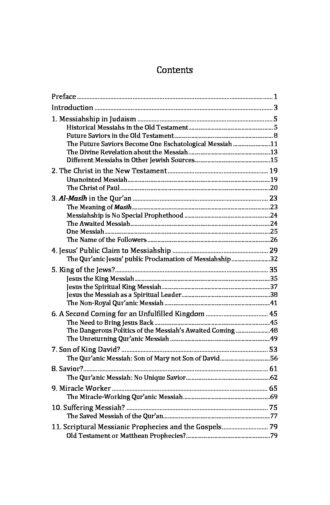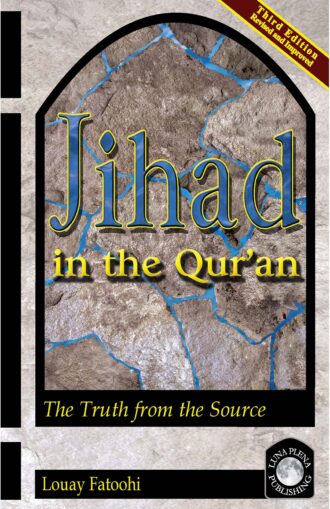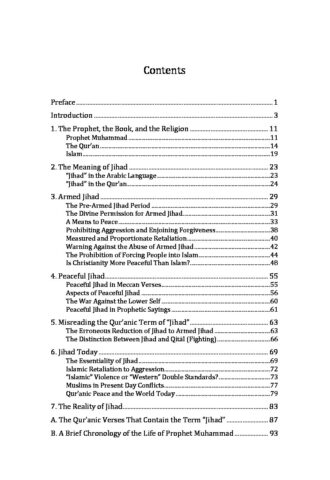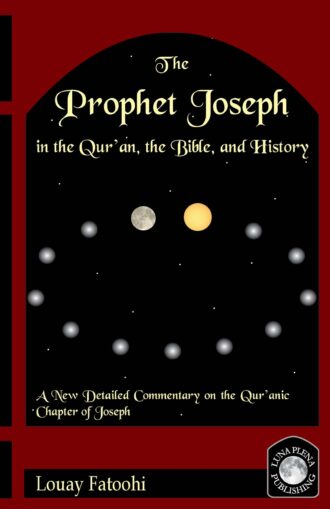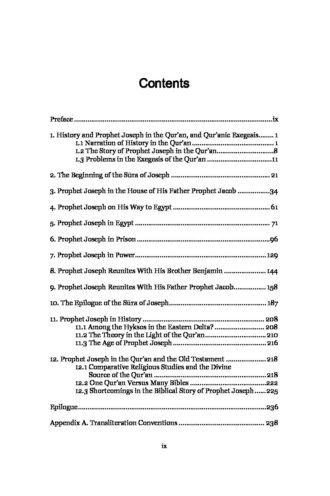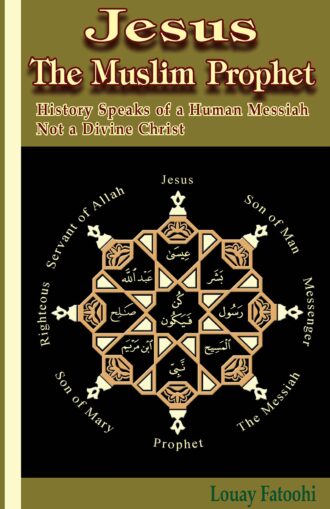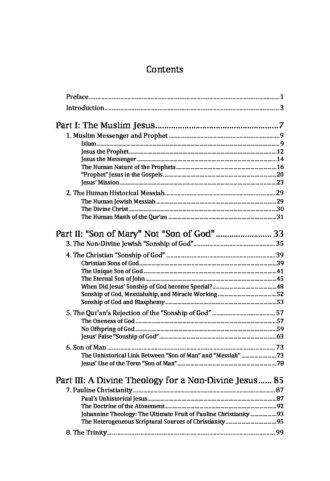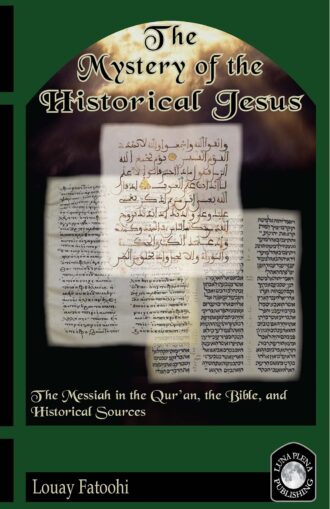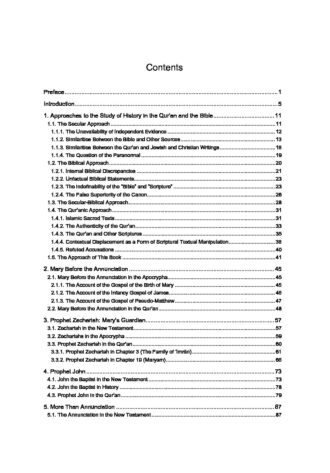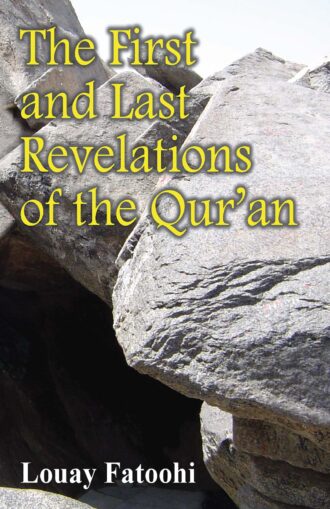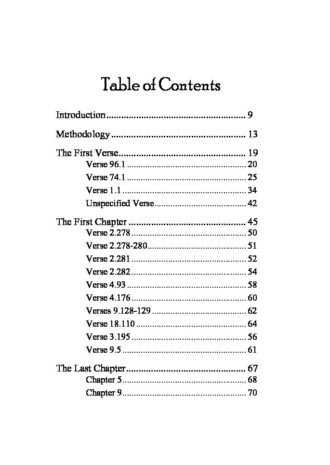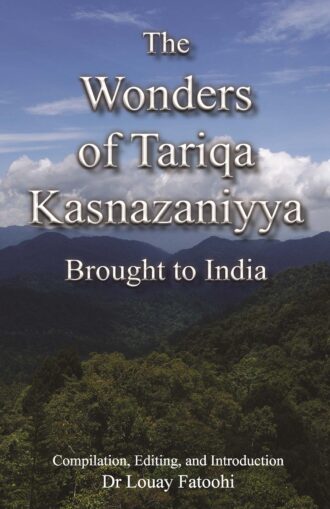Louay Fatoohi
"Paradoxically, the knowledge of any person is determined less by what they know and more by what they don’t"
Louay Fatoohi was born in Baghdad, Iraq, in 1961. He and his wife migrated to the UK in 1992. He lives in Birmingham, England. He obtained a BSc in physics from Baghdad University, Iraq, in 1984 and a PhD in astronomy from Durham University, UK, in 1998.
Originally from a Christian family, Louay reverted to Islam in his early twenties. In addition to being his faith of choice and way of life, Islam is for him a subject of deep intellectual interest. He is interested in Qur’anic and Islamic studies in general, but his main areas of research are as follows:
• The comparative study of history in the Qur’an, Jewish and Christian scriptures, and independent historical sources
• Sufism
• The history of the Qur’anic text and revelation
• Qur’anic exegesis
Louay is a prolific author who has published over twenty-five books in English and Arabic in Islamic studies. He has also published over twenty research papers in cosmology, applied historical astronomy, and the Islamic calendar.

